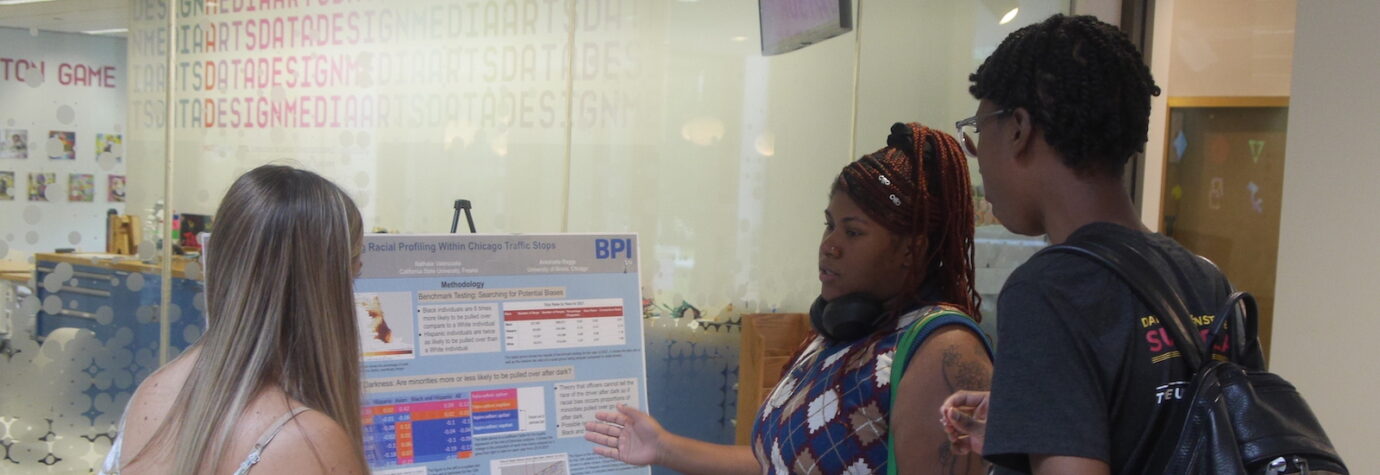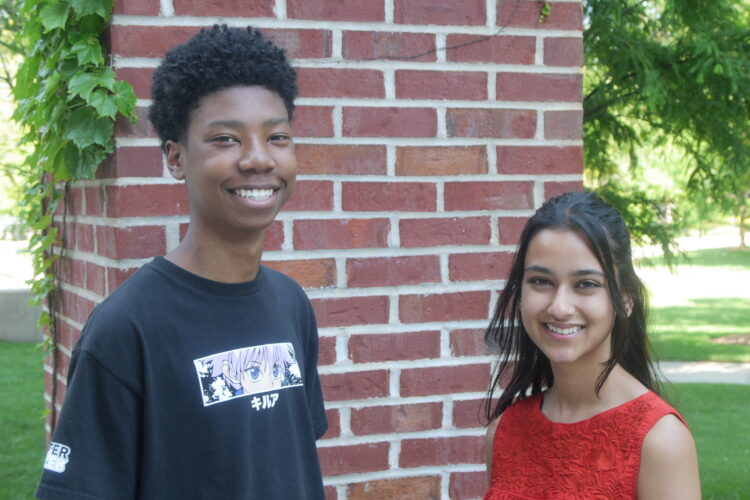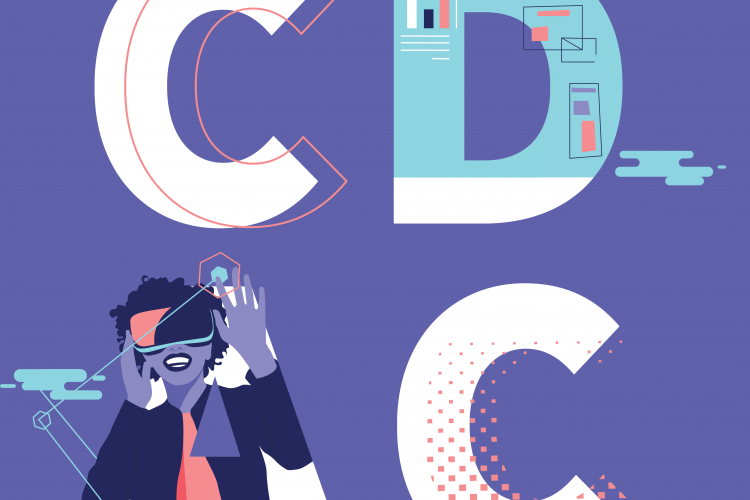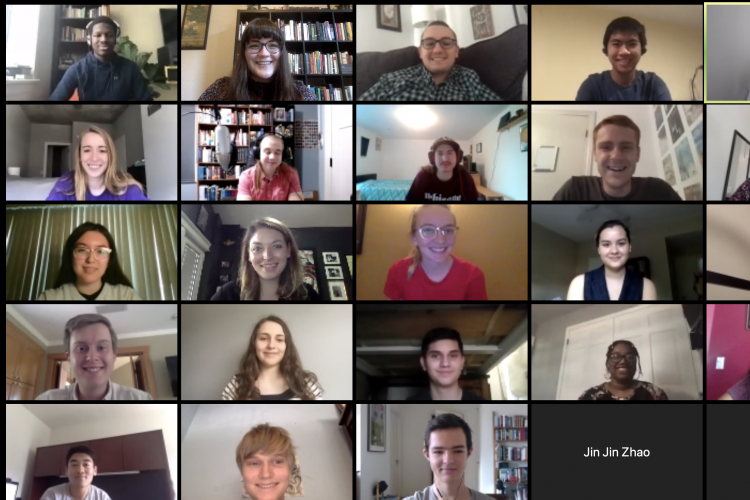DSI Summer Lab
This year’s application deadline has passed. Application decisions have been released.
The Data Science Institute Summer Lab program is an immersive 8-week paid summer research program at the University of Chicago. In the program, undergraduate students (and Chicago-area high school students) are paired with a data science mentor in various domains, including: computer science, data science, social science, climate and energy policy, public policy, materials science, and biomedical research. Through this pairing the research assistant will engage with and hone their skills in research methodologies, practices, and teamwork. We encourage participation from a broad range of students, and require no prior research experience to apply. This year’s program will run from June 10 – August 2, 2024.
After reviewing our FAQ page, please contact Molly Long (mrlong@uchicago.edu) for additional questions related to Summer Lab.
DSI Summer Lab Team
-

Kyle Chard
Research Associate Professor, Department of Computer Science; Researcher, Argonne National Laboratory -

Maria Lema (she/her)
Assistant Director of Undergraduate Data Science, Data Science Institute -
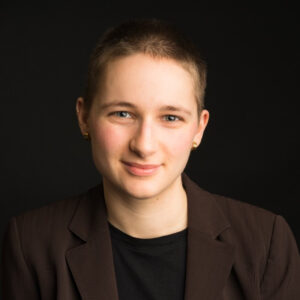
Molly Long (they/them)
Research Team Coordinator, Data Science Institute
Kyle Chard is a Research Associate Professor in the Department of Computer Science at the University of Chicago and Argonne National Laboratory. He has been Program Director of the Data & Computing Summer Lab since its first iteration under CDAC in 2019, and previously oversaw the Summer Internship Program ran by the former Computation Institute.
He received his Ph.D. in Computer Science from Victoria University of Wellington in 2011. He co-leads the Globus Labs research group which focuses on a broad range of research problems in data-intensive computing and research data management. He currently leads projects related to parallel programming in Python, scientific reproducibility, and elastic and cost-aware use of cloud infrastructure.
Maria Lema is the Assistant Director of Undergraduate Data Science Studies at the Data Science Institute. Previously, Maria served as Academic Adviser in the College Academic Advising Office at the University of Chicago. Prior to relocating to Chicago, Maria served as the Academic Affairs Coordinator in the Department of Political Science at Columbia University. In addition to her work in higher education, Maria has experience working in college access. She holds a MA in Higher and Postsecondary Education from Teachers College, Columbia University and a BA in Mathematics and Philosophy from SUNY Buffalo State.
Molly Long is the Research Team Coordinator at the Data Science Institute. They are responsible for a variety of research-oriented events, educational programming, and outreach. Before moving to Chicago, they worked as a wildfire biologist with the U.S. Geological Survey in Boise, Idaho. Molly has experience in data science, classical violin performance, biological research, and college admissions. They earned a Bachelor of Arts in Biology and Music from Lawrence University in Appleton, Wisconsin.
